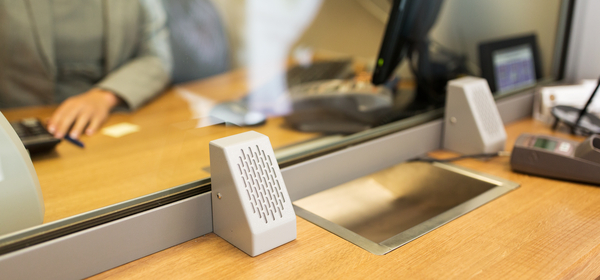One of Australia’s big four banks is under scrutiny for allegedly failing to make the correct superannuation contributions for employees.
The Commonwealth Bank, which just last week posted record $4.9 billion half-year profits, is said to have failed to pay superannuation contributions for bank staff who have worked extra hours. Staff affected are largely those at the lower end of the pay scale, working in call centres, branches and administration offices, who often work extra hours.
The alleged failure is said to involve thousands of staff and total millions of dollars. The CBA is investigating the issue, however, this may have been going on for some time, as far back as 2009, according to the Financial Sector Union of Australia (FSU). FSU national secretary Julia Angrisano said it was troubling that a bank as profitable as the CBA could allegedly fail to pay full super contributions for its staff. “We’ve had members of our union contact us over a period of time regarding this issue and we have raised it with the bank,” she said.
“We know there are 7000 part timers in CBA at the moment but there has been a regular turnover of part-time bank staff over the years and the full extent of the problem could run into millions of dollars in back payments plus interest.”
With calls for a Royal Commission into the banking sector refusing to go away, this will surely only add fuel to the fire.
A spokeswoman for the CBA last night confirmed the matter was under review. “CBA understands the importance of superannuation to help secure and enhance the financial wellbeing of our employees, and are committed to ensuring that we comply with obligations to employees,’’ she said.
Read more at News.com.au
Opinion: Just the tip of the super rip-off iceberg
The CBA joins the ranks of employers who have failed to pay employees’ superannuation contributions to the sum of approximately $3.6 billion.
According to a report by Industry Super Australia released in December last year, individual employees could be missing payments of up to $35,000, with unscrupulous employers pocketing the superannuation contributions of 2.4 million Australians. The report found that Australians whose super funds are underpaid are worse off to the average tune of $20,000, with those aged 60–65 missing out on $35,000.
These figures are at odds with those released by the Australian Tax Office (ATO), which claims that last year it only received reports of unpaid super from 10,759 individuals.
Of course, you can only report what you know. The industries that are largely responsible for unpaid super – accommodation, hospitality, construction, manufacturing and retail sectors – tend to be more transient in nature. Perhaps someone only does a job in one of these industries for a short period of time and may not be aware that they’re due to be paid super. Or by the time they receive a statement from their super fund, they can’t remember the exact details of their employment or the employer is no longer operating. It could even be that people simply don’t understand their annual super statements when they do arrive.
However, when a big four bank allegedly underpays super contributions for staff, it’s time the Government sits up and takes notice. This isn’t some dodgy operation with grandma as its bookkeeper, this is a large financial institution, which quite frankly, the one thing it should be able to do is ensure people are paid what they are due. And yet again it’s those workers at the lower end of the pay scale who suffer. I can’t imagine chief executive Ian Narev has ever had a discrepancy in his super contributions.
Super is a confusing topic. With complex legislation that seems to constantly change, you can even forgive the small business who make genuine mistakes when paying super. But this only serves to highlight the need for everyday Australians to take control of their own superannuation – this will be the money that funds your retirement, after all.
Firstly, learn how to read your annual statement from your superannuation fund. Understand what has been paid in and taken out in fees and insurance. As soon as you notice a discrepancy, report it first to your fund, then your employer and, if still unresolved, contact the ATO.
If your fund offers the option to view your account online, sign up and check regularly. It’s easier to keep track of the hours you worked, and therefore the superannuation you’re due, at regular intervals than at the end of the financial year.
And finally, while you’re checking your super, take a quick review of the fees you’re paying and the returns you’re receiving. If the net gain doesn’t seem enough, then find out what other funds could do with your savings.
What do you think? Have you ever been underpaid super contributions by an employer? Do you undertake regular checks on your super fund? Do you think this issue validates the need for a Royal Commission into the banking sector or is it just a system glitch?
Related articles:
The big super rip-off
Workers missing super payments
Superannuation

